ECCD research aims to develop and enhance approaches to providing energy products and services to residential customers, further understanding how to increase uptake.
Working in partnership with Igloo Energy, research is undertaken to establish the influencing factors affecting the uptake of energy-efficient household upgrades (including smart thermostats and hybrid heat pumps) which in the UK are below expected levels. Research has often focused on economic market failures, psychological factors are also a key influencing factor in particular energy literacy and personality traits (Openness, Conscientiousness, Extraversion, Agreeableness, Neuroticism).
Research with online focus groups are being undertaken in order to determine whether personalised messaging based on an individual’s traits will enhance understanding and uptake of energy saving propositions.
In addition ECCD are working on the LATENT project, further bringing together academic and industrial partners to offering thermal preference and acceptance of automated 3rd party control of residential heating systems for grid support.
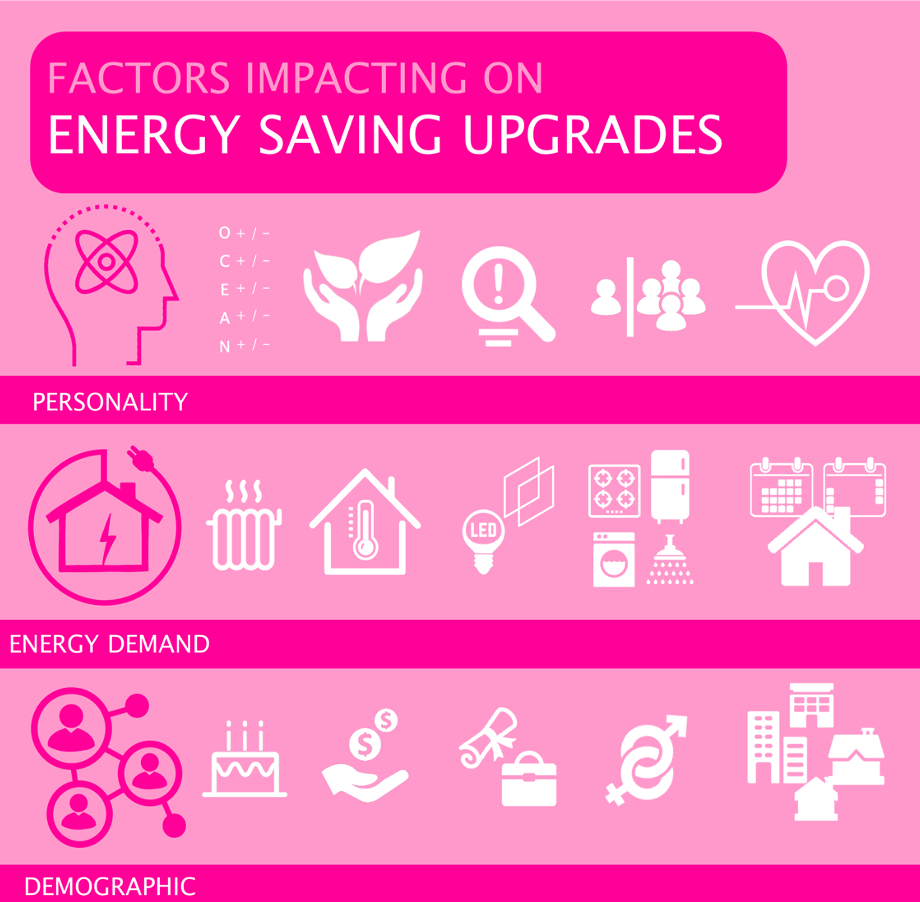
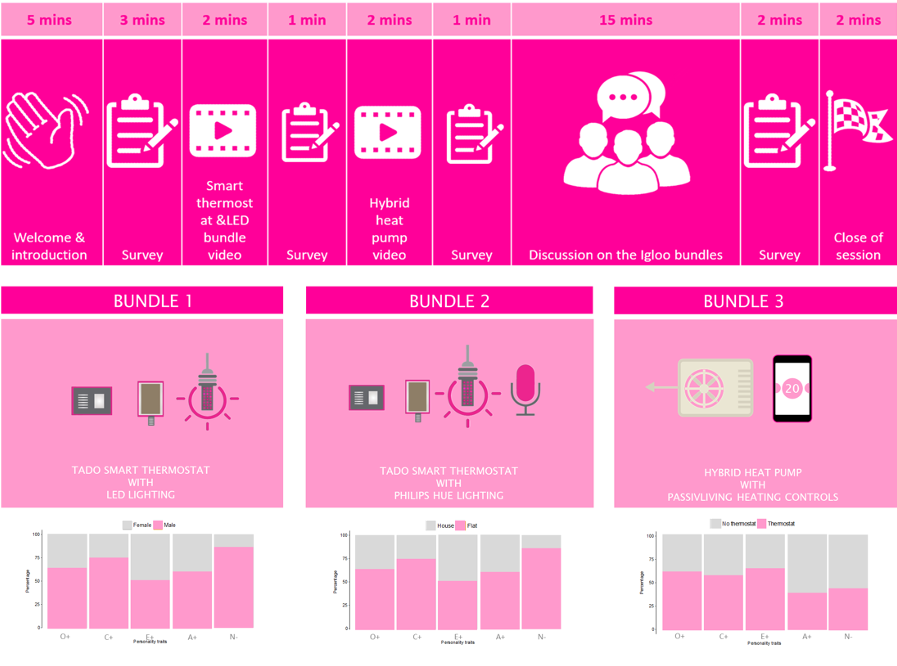
Updates:
LATENT – outreach and engagement 2022 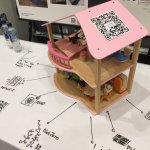
Article listing the range of outreach and engagement activites that have been undertaken as part of the LATENT project
LATENT: ResidentiaL HeAT As An Energy SysTem Service 2022 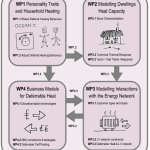
ECCD are working on the LATENT project, bringing together academic and industrial partners to offering thermal preference and acceptance of automated 3rd party control of residential heating systems for grid support.
Whose flexibility is it anyway? 2021 
Authors: Ben Anderson & Tom Rushby The importance of flexibility for a zero-emissions electricity system continues to drive considerable research and socio-technical innovation across CREDS and its linked activities. Inherent in much, although not all, of this work is the notion that we need to find ways to enable flexibility at the consumer end of the ...
Envisioning Buildings-as-Energy-Service 2020 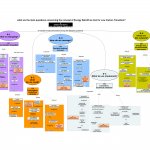
The project “Developing a Tool Kit for Knowledge Integration: Envisioning Buildings-as-Energy-Service” is aimed at creating an inter-disciplinary research environment to stimulate the innovation processes related to the concept of “Buildings-as-Energy-Service”.
Seamless Engaging Home Services: Making Efficiency Desirable (SENSE) 2018 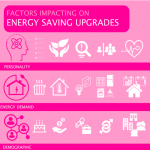
SENSE is a project looking to develop a new approach to providing energy services (insulation, energy contracts etc) to their residential customers. The aim is to be able to offer a tailored offer to a household – ideally one with whom they already have a gas and electricity contract. Customer engagement is clearly key to ...
Demand modelling for infrastructure 2016 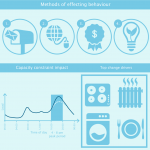
A key output from the Solent Achieving Value from Efficiency (SAVE) project mentioned on demand models for infrastructure resilience was the Network Investment Tool: a suite of models to improve the simulation of low-voltage distribution networks, thus better informing future investment strategies.
The role of community-based initiatives in energy saving 2011 
This ESRC-funded 4 year year study is assessing the impact of community greening groups on a roll out program insulation upgrades in privately owned housing. The project is led by Prof. Graham Smith, School of Social Sciences, University of Westminster.
